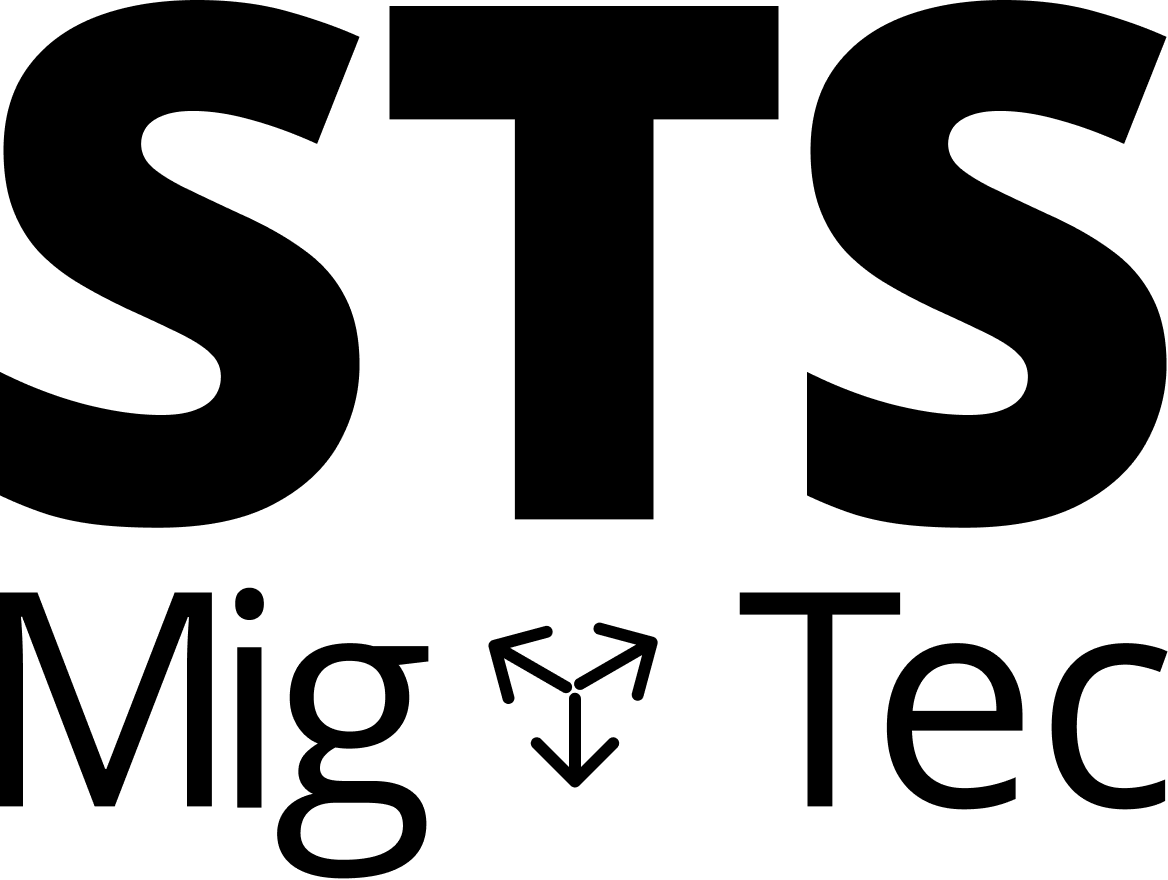Abstract
Ethnography is hard. While this is true for any given research domain and its “field”, ethnographic work in security fields has been branded as particularly challenging. Security ties to characteristics of secrecy, hard-to-access, or hyper-masculinity. Our initial research interest was to empirically reconstruct these challenges by conducting interviews with social scientists who have conducted ethnographic research in and on various domains of security. Our material very much reflects the well-established assumptions about the characteristics of security as a field.
Throughout our analysis, we did however come across several surprising “cracks” or “fissures” in the alleged monolithic and impenetrable security surfaces that our informants had dealt with. In particular, we were surprised by interviewees’ accounts of how sites and actors of security temporally dissipate, reveal fissures, open up ambiguities, or create spaces of in-between-ness. In this paper, we are going to sketch out these “cracks” and “fissures” to complement the predominant perspectives about security as a field with a slightly different picture.
To illustrate how the field of security not always appears composed by encapsulated institutions and actors, we outline five dimensions that show how security research can take place in much more mundane, porous and less exciting ways: (1) carelessness; (2) repair and maintenance; (3) absences of security; (4) ambiguities of information and data; and (5) commonalities between social scientists and security professionals. Extending our understanding of the possibilities of field-work with security communities, we propose that these cracks, fissures, and ambiguities render security much more “research-able” and potentially direct attention to less traveled paths and new grey zones.
Cracks in the security wall: unexpected lessons from researching the “field”
Nina Klimburg-Witjes, Paul Trauttmansdorff (Department of Science & Technology Studies, University of Vienna) & Matthias Leese (Center for Security Studies, ETH Zurich)
About the event series
STS-MIGTEC Circle is a small format which serves to reflect jointly on work-in-progress contributions related to the themes of interest to STS MIGTEC. The idea is to create a safe space for probing and experimenting with ideas, arguments, attempts of analysis, sense-making of empirical material. It’s the right space for you if you already invested substantial energy and dedication into that work, but you still feel the piece to be raw and fragile. We invite individual scholars – of all career stages – to take other interested scholars on board to jointly reflect and discuss with care and constructive feedback.
